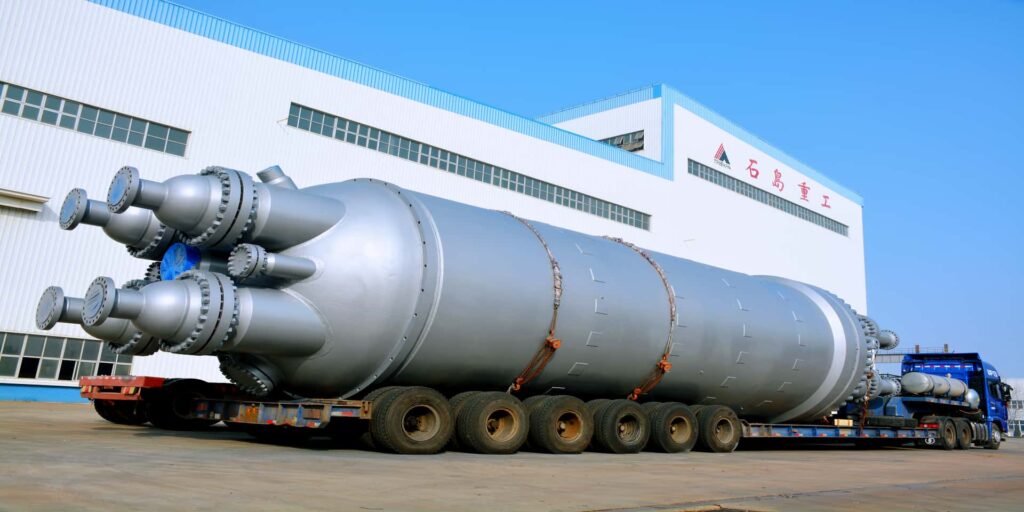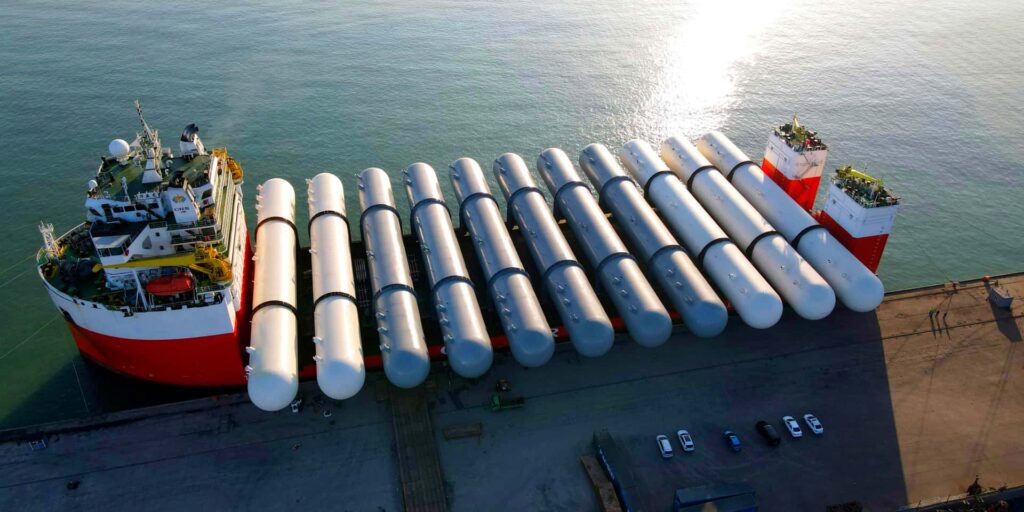Why are pressure vessels used?

In industrial environments, from chemical processing to power generation, handling gases and liquids under pressure is not just common—it’s essential. However, failure to manage this pressure safely can lead to catastrophic consequences including equipment explosions, worker injuries, and plant shutdowns. That’s why pressure vessels are a cornerstone of industrial infrastructure. Without them, modern manufacturing, energy […]
What is the difference between a pressure vessel and a gas cylinder?

\ default[/caption] In industries handling pressurized media—whether it’s oxygen in hospitals, nitrogen in manufacturing, or high-pressure steam in power plants—equipment safety and legal compliance depend on knowing exactly what type of pressurized container you’re using. Yet one of the most common points of confusion lies in distinguishing a pressure vessel from a gas cylinder. While […]
What is the difference between a pressure tank and a pressure vessel?

Many industrial engineers, maintenance teams, and even facility managers often use the terms “pressure tank” and “pressure vessel” interchangeably—leading to critical misunderstandings in design, procurement, safety compliance, and legal obligations. Confusing these two can result in non-compliant installations, potential safety violations, and unexpected failures. This article will clarify the core differences between a pressure tank […]
What qualifies as a pressure vessel?

\ default[/caption] In industrial operations, a single design flaw in equipment used to store or transport pressurized contents can lead to catastrophic failures—ranging from explosions and toxic leaks to significant financial losses and human casualties. Many businesses underestimate the strict definitions and classifications of pressure vessels, leading to non-compliance with safety codes, improper maintenance, and […]
What happens when a pressure vessel fails?

When a pressure vessel fails, the consequences can be catastrophic. These vessels often contain gases or liquids at high pressure, and a rupture can result in violent explosions, flying shrapnel, toxic chemical leaks, or even fires. Such failures endanger human lives, destroy property, and disrupt production processes. Causes of failure range from poor material selection, […]
Why do we need a pressure vessel?

\ default[/caption] In high-pressure industrial processes—ranging from chemical refining to power generation—a significant challenge lies in managing the containment and control of pressurized fluids. Without proper containment, these substances can leak, react uncontrollably, or even cause deadly explosions. This leads to hazardous working conditions, production losses, and regulatory violations. The solution is the pressure vessel—a […]

